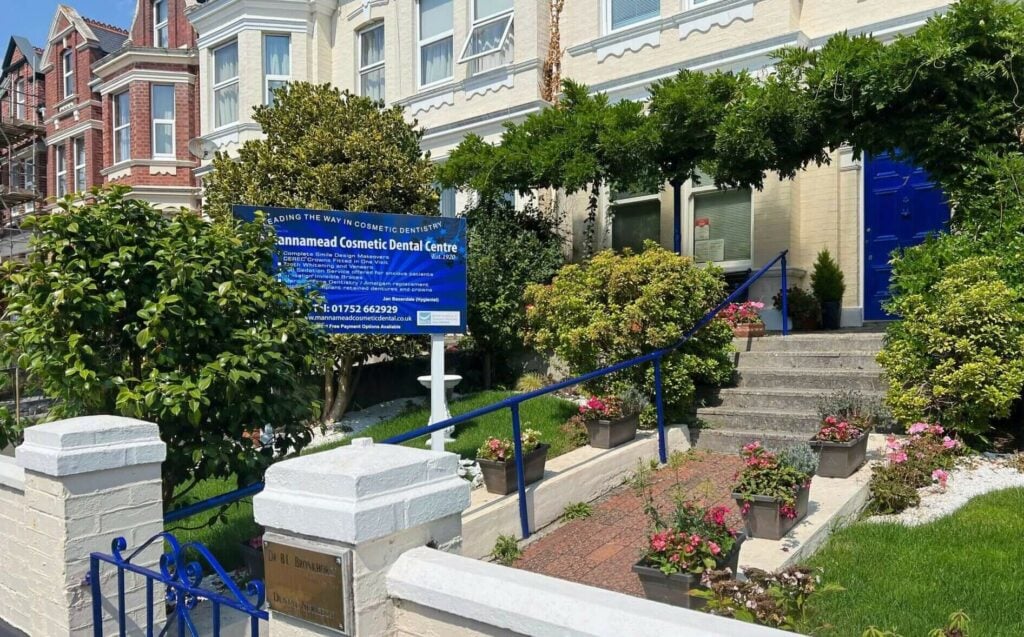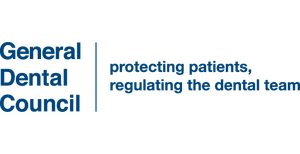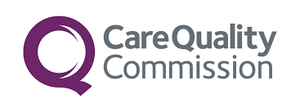
Dental Hygienist in Plymouth
Professional tooth cleaning is needed to maintain healthy teeth and gums, remove harmful plaque and tartar, and is the only way to prevent gum disease, tooth decay and bad breath.
As well as a Scale and Polish, our hygienist can also remove stains from your teeth, brightening your smile.
Even if you brush your teeth daily, this is not enough to prevent the gradual build-up of tartar and plaque. If left unchecked, these bacteria can cause decay, gum disease and tooth loss.
Our dental hygienist at Mannamead Cosmetic Dental Centre in Plymouth will discuss the factors involved in tooth decay and show you the best way to keep your mouth healthy by helping you develop a more efficient home cleaning regime.
You’ll also be shown how to remove plaque successfully, cleaning all surfaces of your teeth thoroughly and effectively.
Contact us today to make an appointment with our Dental Hygienist in Plymouth.
Dental Hygienist FAQ
Does visiting the Dental Hygienist hurt?
The treatment is usually pain-free. However, if you have discomfort, please tell the hygienist, who can use an anaesthetic gel or injection.
How much does an appointment with a Dental Hygienist in Plymouth cost?
Hygienist Services (30 mins) £95
(60 mins) £190
Direct Access Hygiene Visit (30 mins) £125
(45 mins) £157
Super Shine Smile Bright (45 mins) £157
Can I eat and drink normally after seeing the Hygienist?
Yes, although they’ll feel so clean that you won’t want to!
For two hours afterwards, you should avoid products that may stain your teeth, including tea, coffee, red wine, cigarettes, etc.
What is Gum Disease?
Your gums are the foundation of your teeth. Like a house, if the foundations are not sturdy, the teeth will become unsupported over time and fall out.
The stages of Gum Disease
Gingivitis is when the gums around the teeth become red and swollen. The swollen gums will often bleed when you brush them.
Gingivitis can develop into an infection known as periodontitis, affecting the entire area surrounding the tooth, causing discomfort and difficulty eating.
Periodontal disease can cause the bone anchoring the teeth in the jaw to be lost, making the teeth loose. If this isn’t treated, the teeth may eventually fall out.
Most people will suffer from gum disease at some point in their lives.
How often will I need to see the Hygienist?
Over time, plaque and tartar build up around the tooth base along the gum line. Failing to remove the plaque will result in tooth decay and gum disease.
Prevention is better than cure, so daily oral hygiene will help keep teeth and gums healthy. We also recommend visiting our dental hygienist at least twice a year for a check-up, scale and polish.


To book an appointment with our Dental Hygienist in Plymouth, call us on 01752 662929, email us at or:
Where to find us
From Plymouth city centre, up North Hill (B3250) and across Mutley Plain onto Lockyer Road.
We’re roughly 100 metres from the Hyde Park public house and Mutley Barracks car park, which offers two hours of free parking.
Address: 7 Lockyer Road, Plymouth, PL3 4RL








